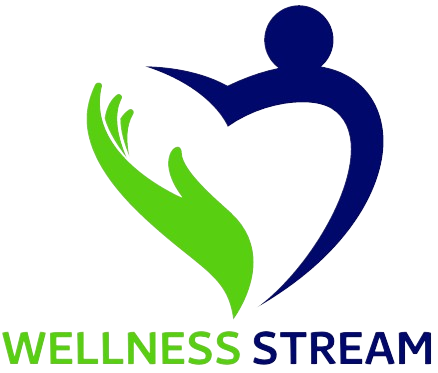In today’s society, many people struggle with weight management. Whether it’s a desire to shed a few pounds for a special occasion or a long-term goal to improve overall health, the journey to weight loss can be challenging. While there are countless fad diets and quick-fix solutions on the market, medical weight loss offers a safe and effective approach to achieving your goals.
Medical weight loss programs are designed and supervised by healthcare professionals who specialize in weight management. These programs take a comprehensive and personalized approach to help individuals reach their target weight and maintain a healthy lifestyle.
The Benefits of Medical Weight Loss
Unlike fad diets that often result in short-term weight loss followed by weight regain, medical weight loss programs focus on long-term success. Here are some of the benefits of choosing a medical weight loss program:
- Professional Guidance: Medical weight loss programs are overseen by healthcare professionals who provide expert guidance and personalized support throughout your weight loss journey. They will work closely with you to develop a customized plan that fits your unique needs and goals.
- Comprehensive Approach: Medical weight loss programs take a holistic approach to weight management. They address not only diet and exercise but also factors such as behavior modification, stress management, and sleep quality. By addressing these underlying issues, medical weight loss programs help individuals make sustainable lifestyle changes.
- Safe and Effective: Medical weight loss programs prioritize safety and effectiveness. They utilize evidence-based strategies and medical interventions when necessary to ensure that individuals lose weight in a healthy manner. This approach reduces the risk of nutrient deficiencies, muscle loss, and other potential health complications associated with rapid and unsustainable weight loss.
- Accountability and Support: Medical weight loss programs provide ongoing support and accountability. Regular check-ins with healthcare professionals help individuals stay motivated and on track towards their goals. Additionally, group counseling sessions and support groups offer a sense of community and encouragement.
The Components of a Medical Weight Loss Program
Medical weight loss programs typically include the following components:
- Initial Assessment: At the beginning of the program, you will undergo a comprehensive assessment, which may include a physical examination, blood tests, and body composition analysis. This assessment helps healthcare professionals understand your current health status and tailor the program to your specific needs.
- Dietary Guidance: Medical weight loss programs provide individualized dietary plans based on your nutritional needs, preferences, and goals. These plans typically focus on balanced and portion-controlled meals that promote weight loss while ensuring adequate nutrient intake.
- Physical Activity Recommendations: Exercise is an essential component of any weight loss program. Healthcare professionals will provide personalized exercise recommendations based on your fitness level and goals. They may also incorporate additional therapies, such as physiotherapy or occupational therapy, to address any underlying musculoskeletal issues.
- Behavioral Counseling: Changing long-standing habits and behaviors is crucial for sustained weight loss. Medical weight loss programs offer behavioral counseling to help individuals identify and address emotional triggers, develop healthy coping mechanisms, and establish positive habits.
- Medical Interventions: In some cases, healthcare professionals may recommend medical interventions, such as prescription medications or weight loss surgery, to support weight loss efforts. These interventions are carefully monitored and implemented under the guidance of experienced healthcare professionals.
Is Medical Weight Loss Right for You?
If you have struggled with weight management and have been unsuccessful with other approaches, medical weight loss may be the right choice for you. It is especially beneficial for individuals with obesity-related health conditions, such as diabetes, high blood pressure, or sleep apnea.
Before starting a medical weight loss program, it’s important to consult with a healthcare professional who specializes in weight management. They will evaluate your current health status, determine if any underlying medical conditions need to be addressed, and create a personalized plan that aligns with your goals.
Remember, sustainable weight loss takes time and effort. Medical weight loss programs provide the necessary guidance, support, and interventions to help you achieve your goals safely and effectively. With the right mindset and a comprehensive approach, you can transform your life and improve your overall health through medical weight loss.
